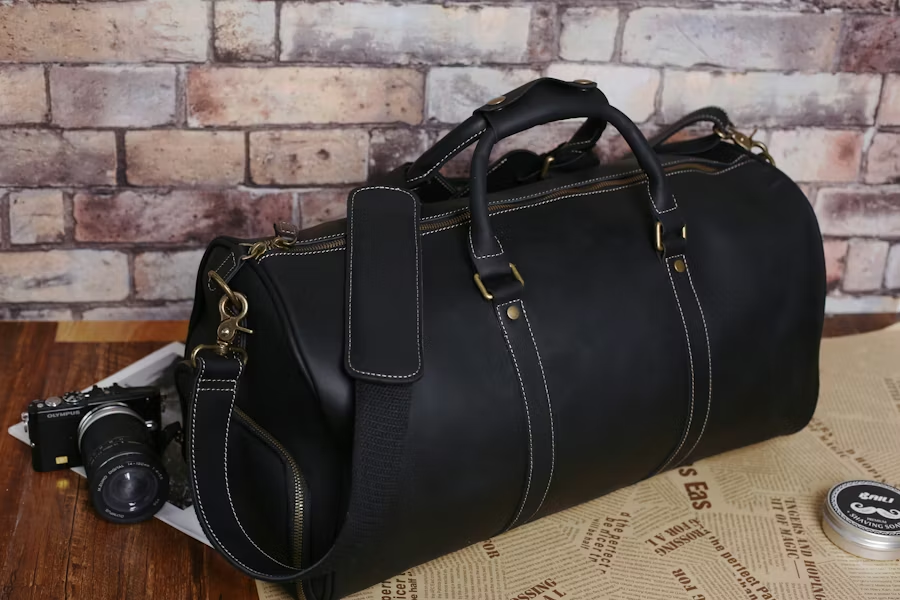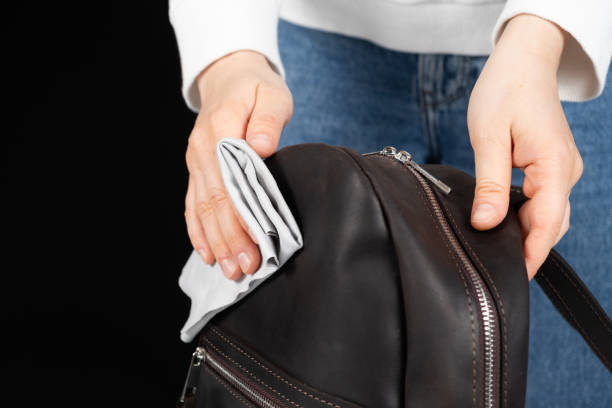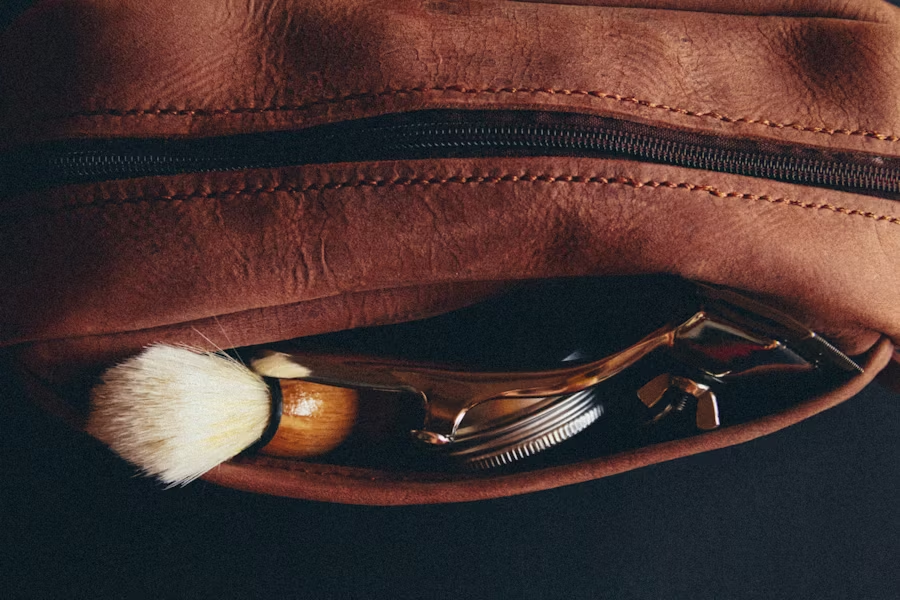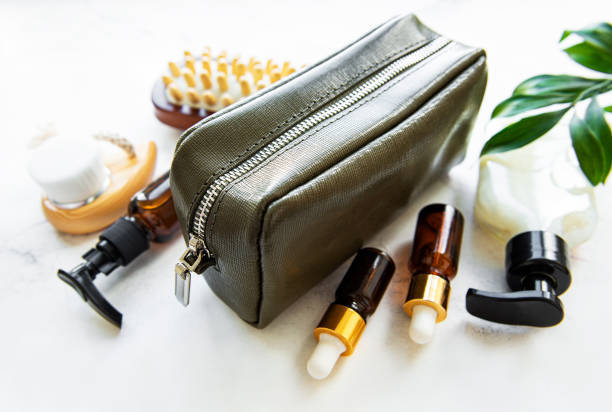Selecting the right business bag manufacturer can shape the success of your product line. For startups launching their first collection or established brands expanding their offerings, your choice of manufacturer impacts everything. Here’s a practical guide to help you make an informed decision and partner with a manufacturer you can trust.
Define Product Needs and Market Position

Before engaging with any manufacturer, you need to have a precise and well-structured product plan. In the business bag industry, clarity about your target segment and product specifications determines not only the success of your design but also the efficiency of your sourcing process.
Start by outlining the exact categories of business bags you intend to produce. The term “business bag” covers a broad range of products, each with distinct functions, Materiais, and consumer expectations:
- Leather Laptop Bags: Prioritize structured designs with padded compartments for 13–16” laptops, organizational pockets for documents, and reinforced handles for daily commuting. Full-grain or top-grain leather with smooth stitching and metal hardware signals a premium positioning.
- Leather Backpacks: Popular among younger professionals and frequent travelers. These require ergonomic straps, breathable back panels, and a balance between style and practicality. Water-resistant coatings or anti-theft pockets can add competitive value.
- Leather Messenger Bags: Often chosen for casual or creative work environments. Focus on flexibility, lightweight construction, and crossbody comfort. Materials like oil-waxed leather or nubuck can create a relaxed yet professional look.
- Portfolio Cases and Briefcases: Classic options for executives. These emphasize refined craftsmanship, minimalistic structure, and impeccable finishing details, such as edge painting and brass fittings.
Once you’ve defined your product range, determine your market positioning. Are you building a luxury brand targeting high-income professionals who value craftsmanship and brand prestige, or a functional business bag line focused on affordability and practicality for corporate or wholesale markets? Your decision affects everything, from the type of leather and hardware you choose to the production partner you should work with.
Próximo, establish technical and aesthetic standards. Specify your preferred leather grade, lining fabric (such as microfiber or polyester), zipper brand, and construction method (stitched vs. edge-sealed). These details help the manufacturer accurately quote and sample your design, minimizing costly revisions later.
Finalmente, conduct competitive benchmarking. Analyze leading brands like Samsonite, Tumi, or Bellroy to understand current trends, such as RFID-blocking technology, convertible strap systems, or sustainable leather alternatives. By comparing their designs, Materiais, and pricing structures, you can better position your brand and communicate your production expectations clearly to your supplier.
Verify Manufacturer Qualifications
Check the Qualifications
A manufacturer’s background says a lot about their reliability. Start by checking how long they’ve been in the business and what certifications they hold. Look for ISO 9001 for quality management or BSCI for ethical production—these indicate compliance with international standards and responsible practices. Also, check if the manufacturer has collaborated with well-known brands. A proven record of long-term partnerships often reflects professionalism, stability, and trustworthiness.
Review the Experience
Experience also represents expertise. Por exemplo, a factory that has produced travel bags for a decade may not automatically excel at slim, structured business bags, as the sewing techniques and reinforcement methods differ. Make sure their core experience matches your product type. Don’t hesitate to ask for a product portfolio—professional manufacturers are usually proud to share past samples or project photos, allowing you to assess craftsmanship, finishing quality, and material selection before making your decision.
Evaluate Quality Control Standards

Quality control is the backbone of any reliable business bag manufacturer. No matter how stylish the design, a bag that fades, tears, or loses shape after a few months can seriously harm your brand’s reputation. That’s why evaluating a supplier’s inspection system is essential before placing any order.
Professional factories like Novote follow a comprehensive and strict quality inspection process. This ensures every product meets strict international standards for durability, function, e aparência.
Novote’s Five-Step Quality Control System:
- Etapa 1: Raw Material Check
Each batch of leather and fabric is carefully examined for color consistency, textura, and tensile strength. Materials are compared with approved swatches, and any showing stains, uneven dyeing, or defects are rejected before production begins. - Etapa 2: Sewing Check
During sewing, thread quality and stitch consistency are examined to ensure strength and visual precision. Key seams on handles, shoulder straps, and base corners receive reinforced stitching to prevent premature wear and maintain structure. - Etapa 3: Inspeção de acabamento superficial
Every finished bag undergoes a detailed surface check to detect scratches, rugas, or discoloration. Inspectors also confirm proper logo placement and print alignment to achieve a clean, aparência profissional. - Etapa 4: Teste de Função
Zíperes, Fivelas, and magnetic snaps are tested through repeated open-and-close cycles to simulate real-life use. Only components that pass durability and performance standards move forward to packaging. - Etapa 5: Compliance Review
Novote performs random sampling using representative techniques and ensures that all materials comply with industry-specific international standards. This step guarantees that every production batch delivers consistent quality.
Beyond inspection, a manufacturer’s production standards are equally important. Professional factories operate under ISO-aligned systems, maintain stable environmental conditions for material storage, and track every batch for traceability. Factories like Novote that keep their defect rate below 2% demonstrate strong process control and commitment to excellence.
Assess Communication Efficiency
Start observing from your first email: How quickly do they reply? Do they understand your technical requirements? Are they proactive in offering practical suggestions or solutions? A manufacturer that communicates clearly and promptly is more likely to manage complex projects with fewer problems. Language and cultural differences can also play a role. Many Chinese manufacturers have English-speaking sales teams, but the best ones assign project managers who understand both production and client expectations.
Professionalism also shows in how they handle changes. Por exemplo, if you modify the logo size or fabric color, a reliable supplier will confirm these details in writing, update your tech pack, and ensure the sample reflects the change. This kind of precision avoids costly mistakes later.
Compare Pricing, Serviços, Value
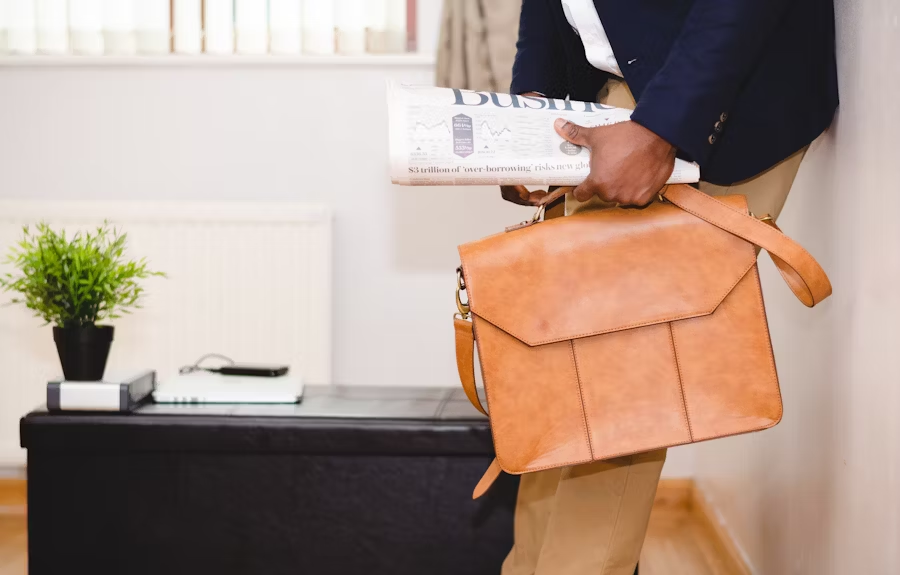
While price matters, the cheapest option isn’t always the best. A low price might hide hidden costs like poor stitching, weak zippers, or delayed delivery. Em vez de, compare what each manufacturer offers beyond the base price.
Compare pricing:
Request a full quotation that clearly lists the unit price, sample fees, mold or tooling costs (for metal logos or custom hardware), MOQ, lead time, and shipping options. Por exemplo, leather bags may have additional costs for full-grain material or custom metal fittings. A manufacturer who provides transparent, itemized pricing demonstrates professionalism and reliability.
Compare services:
Evaluate what additional support each supplier offers beyond production. Do they assist with material selection, such as advising between top-grain and split leather? Do they offer logo customization options like embossing, Carimbo de papel alumínio, or metal badges? Can they handle retail-ready packaging or drop shipping for e-commerce brands? These value-added services can save you time, reduce coordination costs, and ensure a consistent brand image.
Compare value:
Look at what you receive for the total cost, not just the base price. Por exemplo, if two factories quote similar prices for a leather laptop bag, but one includes strict quality inspection, premium zippers, and flexible MOQ, that supplier clearly provides more value. A good cost-performance ratio means you’re not only paying for the product but also for smoother production, consistent quality, and dependable after-sales support.
Conduct Factory Audits or Third-Party Inspections
Conduct On-Site Factory Audits
Nothing gives you more confidence than seeing the production site yourself. During your visit, pay attention to small but telling details such as lighting, workspace organization, and how finished goods are handled. A clean, well-structured environment often reflects discipline and attention to quality.
You should also review the factory’s production capacity—how many business bags they can produce per month. Por exemplo, a factory that outputs around 10,000 pieces monthly might struggle with large-scale orders, while one producing over 50,000 pieces can better support steady, scalable growth.
Arrange Third-Party Inspections
If visiting in person isn’t possible, consider hiring a third-party inspection agency such as SGS, TUV, or Intertek. These organizations conduct on-site evaluations and provide detailed reports that cover equipment condition, production capacity, safety standards, cleanliness, and social responsibility compliance. This independent verification ensures transparency and helps you make confident sourcing decisions without physically being there. Many global buyers rely on such inspections as part of their regular supplier management process to maintain consistent product quality and reduce risk.
Build a Long-Term Partnership for Sustainable Growth
Once you’ve found a reliable manufacturer, it’s time to think long-term. Building a strong relationship benefits both sides. Trusted partners often receive better pricing, production priority, and design support. Instead of treating your supplier as just a vendor, treat them as part of your business ecosystem. When there’s mutual respect and open communication, the partnership naturally becomes more productive and stable.
Share your business plans, sales forecasts, and customer feedback with your manufacturer. When they understand your target market and business goals, they can offer more tailored solutions, such as recommending better materials, refining designs, or suggesting cost-saving production methods. Por exemplo, many of Novotebag’s long-term clients started with small trial orders of just 200–300 pieces. As trust grew, order volumes increased, new bag lines were added, and both sides benefited from continuous improvement in quality, durabilidade, e embalagem.
Sustentabilidade is another part of long-term success. Ask if your manufacturer uses eco-friendly materials or follows waste reduction practices. With the global trend toward green manufacturing, such efforts not only enhance your brand image but also attract environmentally conscious consumers.
Pensamentos finais
Whether you’re just starting your brand or looking for a dependable long-term partner, take your time to choose wisely. The right manufacturer doesn’t just make your bags; they help you build your brand’s future.
No Novotebag, we’ve worked with brands around the world to turn design concepts into market-ready products. From sample development to full-scale production, our goal is simple—to deliver business bags that balance style, function, and lasting quality. With over years of manufacturing experience, strict quality control, and a professional service team, we help global clients source efficiently and grow sustainably.
Contate-nos hoje to discuss how we can bring your business bag vision to life.












